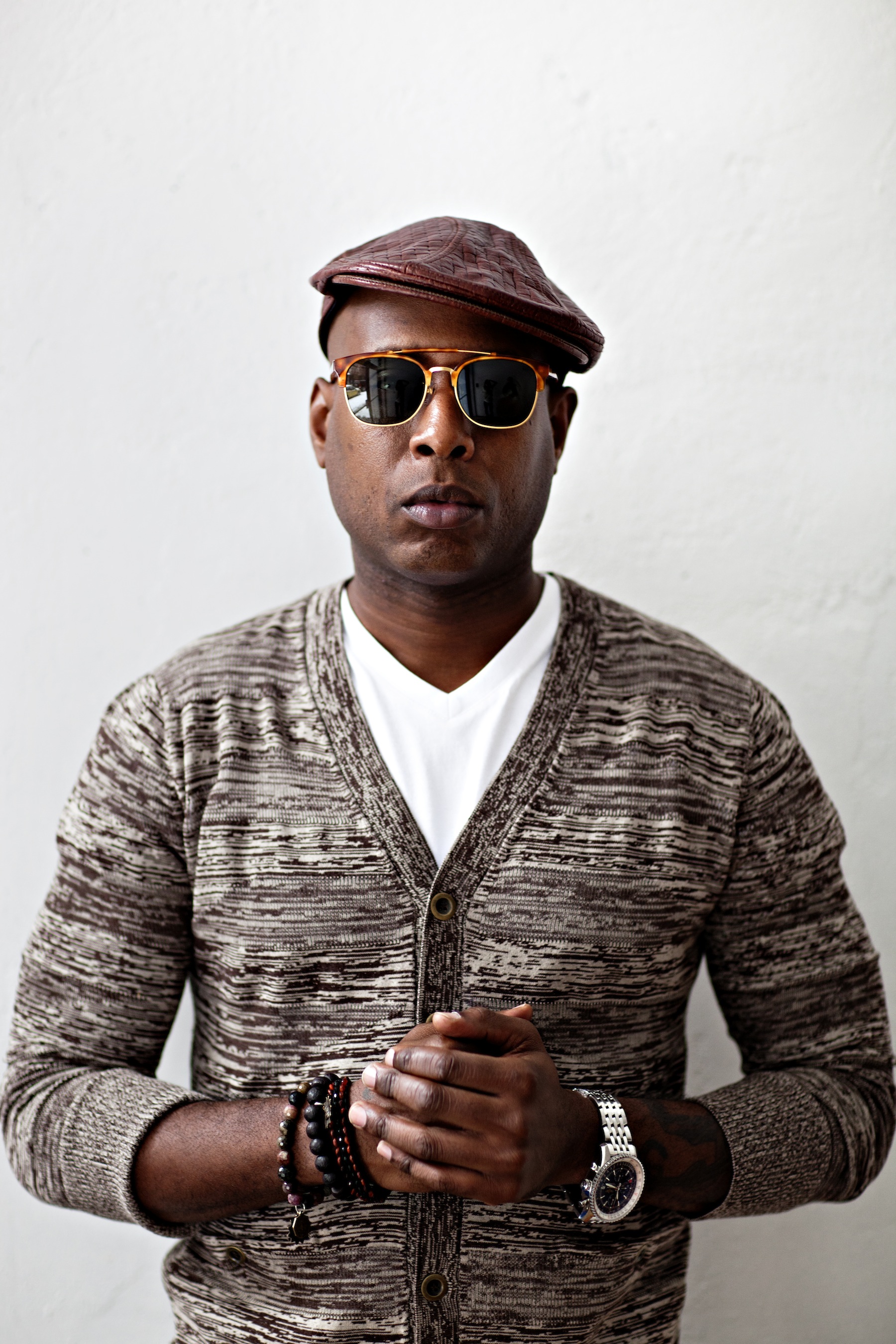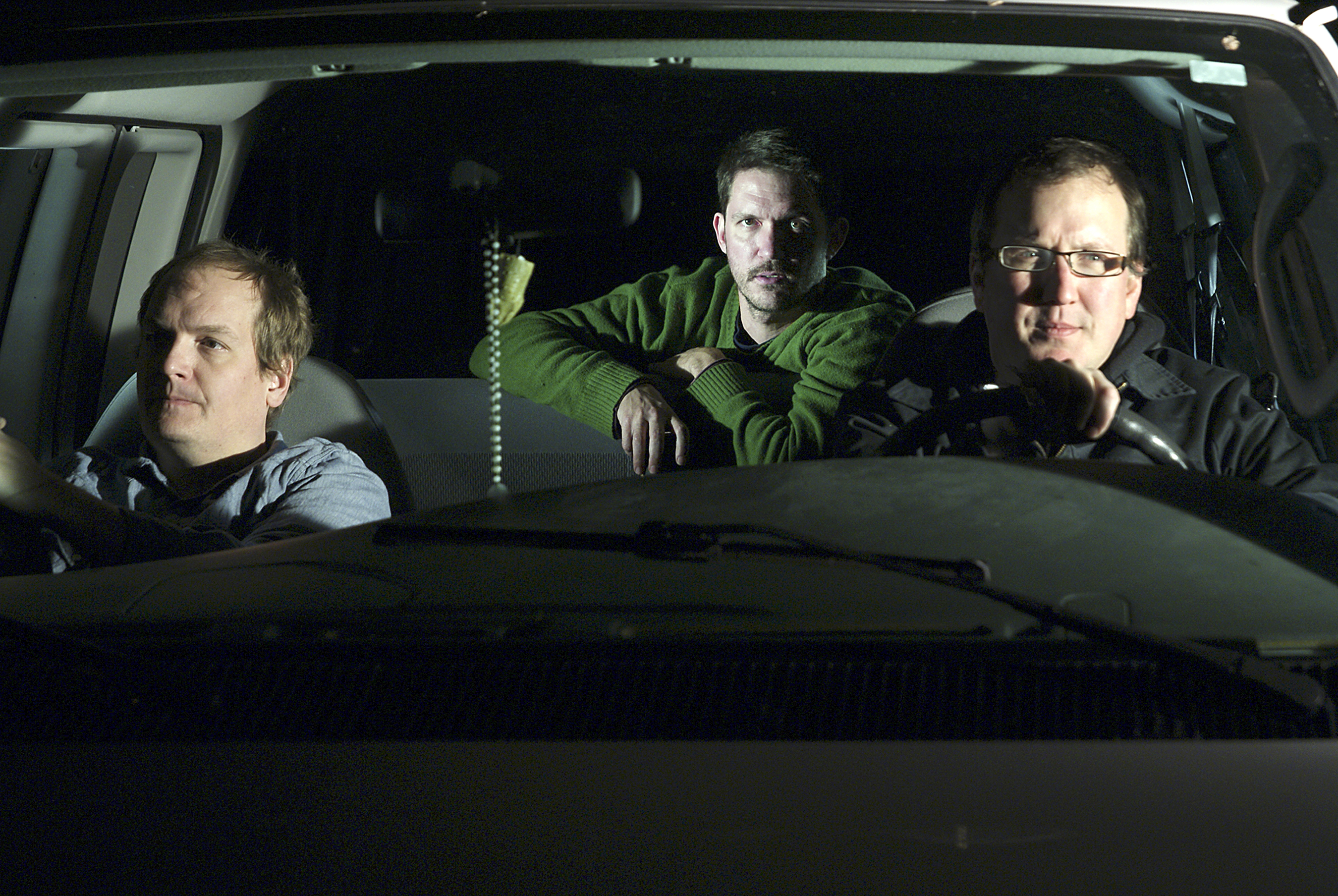Reuniting a band after a decade-long hiatus is dangerous territory. The list of formerly critically acclaimed bands that returned as flaccid versions of their prior greatness is overwhelming. Casino ballrooms along I-5 serve as musical hospices for iconic bands reappearing as listless, graying caricatures of bygone stardom. So when word broke late last year that the hugely influential rock trio Sleater-Kinney had secretly recorded a new album eight years after the band’s final 2006 show, fan excitement was tempered with concern. Would the Olympia DIY greats who helped pioneer the’90s riot-grrrl movement still roar with the intensity that cultivated such a devout following? Sleater-Kinney’s 2015 answer to that question, No Cities to Love, responds with an emphatic yes.
The feminist fury and power so prevalent on the band’s earlier releases returns big-time on the LP. But this is no recycling of spent ideas. This is not a comeback. No Cities is the continuation of a band that feels just as creatively vital as it did in the mid-’90s, when singer/guitarists Carrie Brownstein and Corin Tucker and drummer Janet Weiss began rehearsing together in an Olympia basement.
Weiss says the individual projects that band members explored after Sleater-Kinney’s last album, 2005’s The Woods, allowed each of them needed time to grow before the triumphant return of No Cities to Love. “Mostly, the projects have informed who we are as people, and allowed us space away from the band and the freedom to walk down some different paths and explore some parts of ourselves,” says Weiss. “It allowed us to come back to Sleater-Kinney with that feeling of no pressure.”
In their time away, the trio kept plenty busy. Brownstein created the hit Northwest-culture-skewering sketch-comedy show Portlandia with Fred Armisen. Tucker ventured into website development and made solo records. Weiss toured and recorded with Stephen Malkmus and the Jicks, Bright Eyes, and Quasi.
Weiss says pressure played a key role in Sleater-Kinney’s extended break. The band was exhausted after 10 years of constant touring and recording, she says. “The pressure and mundanity of that took its toll on us physically and emotionally. The feeling of freshness and real desire to do this thing again, and missing it and feeling like we went and did a lot of other things, allowed us to come back with an eagerness to reconnect that might not have been there right after The Woods,” says Weiss. “We were pretty wiped out and tired. We needed to explore some different parts of our lives.”
The exploration proved fruitful, as did the timing of their break. Many bands play well past their zenith and damage their legacy by releasing timid albums that fail to meet adoring fans’ expectations. Sleater-Kinney had the foresight to stop in their prime.
“I think it worked to our advantage that we stopped playing at a high point,” says Weiss. “We didn’t have to rev this thing back up. We didn’t make three records that weren’t very good, where we would have to reinvent after that. The Woods, for us, was a very successful, challenging, enthralling record that we were really proud of. And to stop on that creative high point really helped us eight years later when we started playing again. Because it wasn’t like we had to resuscitate this dying thing.”
Motivated by a desire to continue the path they had started, Sleater-Kinney returned to their small practice room in May 2012 to begin writing and rehearsing what eventually became No Cities to Love. In a recent PBS interview, Brownstein says she had always assumed that another band would carry the torch and explore the sonic landscape blazed by Sleater-Kinney. “But that never really happened,” says Brownstein.“It felt like something was on pause for a really long time. It wasn’t so much ‘Now we have something to say.’ It was like, this has been laying dormant and it didn’t seem like anyone else was picking it up. So we did.”
The band then entered San Francisco’s Tiny Telephone Studio with their longtime producer John Goodmanson to record the bulk of the album. The recording somehow remained a secret until shortly before its January 2015 release. But the silence changed quickly. In a demonstration of the band’s confidence and their throw-caution-to-the wind attitude, Sleater-Kinney appeared on Late Night With David Letterman in January to perform live for the first time in nearly a decade. There were no practice shows. No training wheels.
Weiss says the band practiced relentlessly prior to that first show. “We are confident. But we work hard too. It was like I was taking the LSAT exam or something,” she says with a laugh. “We really crammed for it and practiced a lot. I practiced like a crazy person.”
But Weiss says the pressure came from within. The band never felt they had to live up to any reputation. Instead, Sleater-Kinney approached the recording of No Cities with the attitude they’d committed to their previous albums.
“We had the same internal pressure to write the best record we ever had—not even because of the break, but because that’s how we’ve always done it,” says Weiss. “That’s our lives when the three of us get together. We are very ambitious. It’s very insular. We are not thinking about the legacy or the fans even. We are just thinking about how to make the best record we possibly can. And in this case it involved a lot of working and reworking of the songs.”
It was a long process of writing and rewriting. If a song didn’t measure up, the band discarded it and started over. “We were really hard on ourselves and very unsatisfied with the first iterations of the songs,” says Weiss. “And we pushed further and further into more melodies, better melodies, really concise parts and statements and emotions. For me, I wanted this to be undeniably powerful. It took a lot of editing and whittling things down to the core. And I think we accomplished that.”
A series of sold-out shows on the current U.S. tour suggests fans agree. As the band prepares for three shows in Seattle this week, I asked Weiss to reflect on Sleater-Kinney’s influence on the Northwest music scene. She paused for a moment and then laughed.
“I’m not quite ready to kick my feet up in the rocking chair and think of myself in that way. Right now I’m practicing every day and getting ready to go on tour. I feel very much involved and not in that ‘looking-back’ sort of way contemplating the whole picture. Instead I’m very much looking forward, and excited for the next shows and playing the new record and the energy, and that feeling of being back in the band. It feels very vital.” E
music@seattleweekly.com
Sleater-Kinney With THEESatisfaction. The Showbox, 1426 First Ave, 628-3151, showboxpresents.com. $30. 9 p.m. Thurs., May 7–Sat., May 9.







